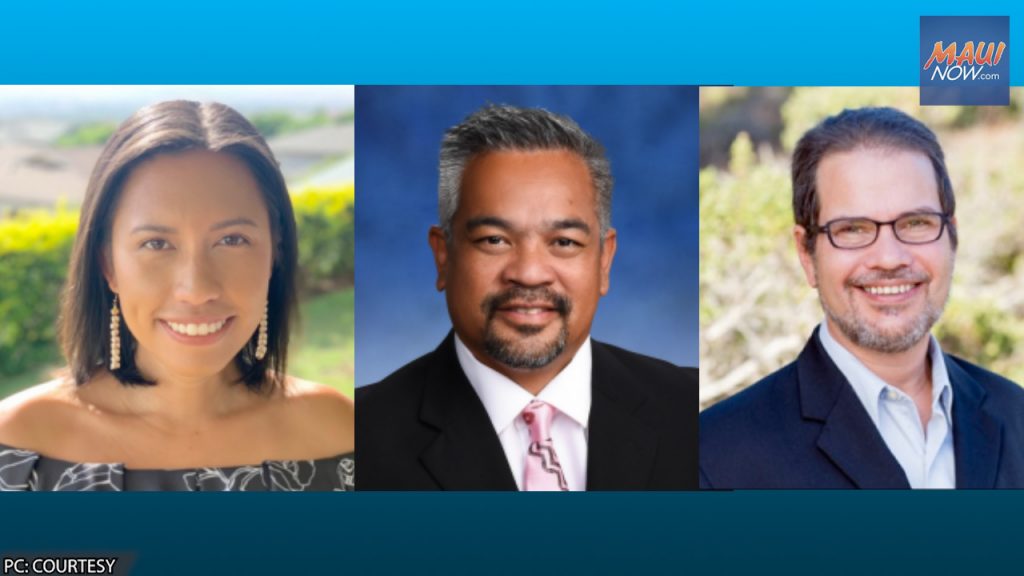East Maui water is topic of roundtable panel

The Sierra Club Maui Chapter hosts a roundtable panel to discuss ways to restore water to the East Maui community.
Maui County’s Government Relations, Ethics, and Transparency (GREAT) committee is currently considering a resolution for a charter amendment to establish an East Maui Community Water Authority.
Event organizers say that if approved in committee, and then by County Council, it could appear on the general election ballot for Maui County residents to vote on in November.
The resolution was introduced by East Maui Councilmember Shane Sinenci to provide clarity and flexibility, and incorporate input from the community and the Department of Corporation Counsel.
If established, the East Maui Community Water Authority and Community Board would: (1) pursue the feasibility of acquiring the long-term water lease agreements for the Nāhiku, Ke‘anae, Honomanū, and Huelo License Areas and entering into an intergovernmental agreement to provide a long-term reliable supply of water for domestic and agricultural needs; and (2) manage water resources in a competent, fiscally responsible, and transparent manner as mandated by the State of Hawai‘i Constitution and public trust doctrine.
The resolution comes as the Board of Land and Natural Resources moves forward in the process of issuing long term water leases. Currently, the only applicant for the East Maui water leases is Alexander & Baldwin/East Maui Irrigation. The Sierra Club reports that the establishment of an East Maui Community Water Authority, saying it provides an alternative choice.
Panelists at the roundtable include: Luʻukia Nakanelua, Esq., Post JD-Law Fellow, Ka Huli Ao Center for Excellence in Native Hawaiian Law; East Maui Councilmember Shane Sinenci; and Jonathan Scheuer, Ph.D., Natural Resource Conflict Consultant, Water Policy Expert, Department of Hawaiian Homelands.
The roundtable takes place on Monday, June 13, from 6:30 to 8 p.m. and can be viewed live on the Sierra Club Maui Facebook page.
Organizers say the discussion gives the public the opportunity to learn more about the opportunity to “restore community control over East Mauiʻs water resources.”





_1768613517521.webp)







